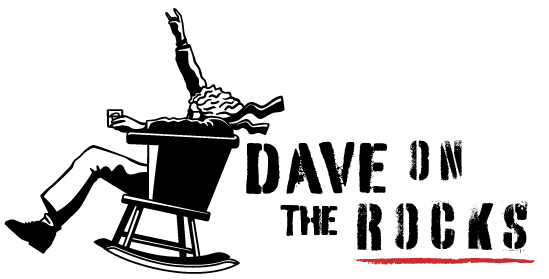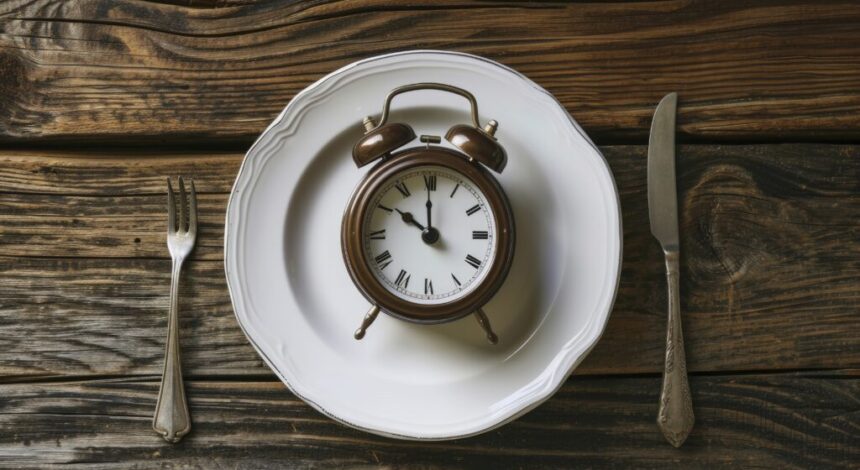Intermittent Fasting
Translation: “I’m freaking starving!”
As we age, losing weight becomes more of a challenge. Slipping into an old pair of jeans often serves as a humbling reminder. (And no, they didn’t shrink in the dryer.)
Cruel irony: it’s hard to lose fat, yet past the age of 50 we lose muscle mass at an alarming rate. According to henryfordhealth.com, without diligent strength training you can lose up to 30% of muscle mass between age 50 and 70.
So how can we 50-plussers shed those stubborn pounds? Ozempic, sure, but who wants that face? Another way is intermittent fasting, or IF. By now we’ve all heard about the weight-loss wonders and other benefits of IF. There’s something to it, no doubt, but there’s a dark side, Luke, that the IF advocates gloss over…hunger. A ferocious, mind-numbing hunger.
I. Love. To. Eat.
Spaghetti carbonara. Thai chicken basil. Slow-cooked carnitas served with warm, handmade tortillas. Grilled tomahawk steak, medium rare, with a nice char. Every bite, savored. Every bite, adding to the squishy ring around my midsection.
So when I wanted to drop some extra poundage, I gave intermittent fasting a try. I knew it’d be no cakewalk, but that’s all I could think about — cake. Or fried chicken, or lobster mac n cheese, or a wedge of pepperoni pizza the size of my head. If it was high in fat, calories, and sodium, it was on my radar.
I couldn’t concentrate on any task. My mind was completely consumed by thoughts of food. Apparently I’m weak-willed, dear readers, and now that I’m past 50 and losing muscle mass at maximum velocity (see statistic above), I’m weak weak — last Thursday I almost tore my rotator cuff breaking apart a pair of chopsticks.
Alas, when it came to my cravings, I folded like a cheap lawn chair. Intermittent fasting, as the kids say these days, “just isn’t my jam.” (Food reference intended.) But with a little more convincing, could it be?
Science or Fad?
Autophagy is one benefit that intermittent fasting can trigger. According to science, autophagy is a natural mechanism where the body removes damaged or dysfunctional parts of a cell and replaces or repairs them. It’s the body’s way of cleaning house to regenerate newer, healthier cells.
Other benefits attributed to IF are reduced inflammation, improved heart health and brain function, improved insulin resistance, the list goes on. All good stuff, right? While the purported benefits of intermittent fasting are more than just hearsay, I can’t shake the feeling of IF being somehow “fashionable.” Maybe not.
However, one truth reigns supreme regarding diet and weight loss: stick to nature’s bounty. Eat more fruits and vegetables, load up on fiber, healthy protein and fats, and steer clear of sugar and ultra-processed foods. My go-to mantra comes from Michael Pollan (Google him – he’s awesome): “Eat food, not too much, mostly plants.” But beware. If I’m craving a T-bone steak big enough to make Fred Flintstone shed a tear, yabba-dabba-don’t get within stabbing distance of my fork.
Fasting: The Fast Lane to Weight Loss?
Can those of us over 50 find the path to weight loss and possibly longevity through “eating windows?” The answers will vary, for everyone walks their own unique path. And before you embark on any dietary journey, it’s imperative to consult with a trusted health care provider.
Should you give intermittent fasting a try? Up to you and your doctor. Will I give intermittent fasting another twirl on the dance floor? Unlikely. Because when I see an innocuous little word like “twirl,” all I can think of is a glistening knot of spaghetti carbonara wrapped gracefully around a fork – a single, glorious bite that makes you want to kiss the chef and then take a nap.
I’m beyond help.




